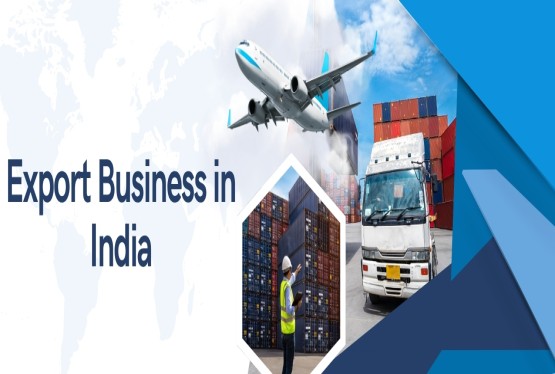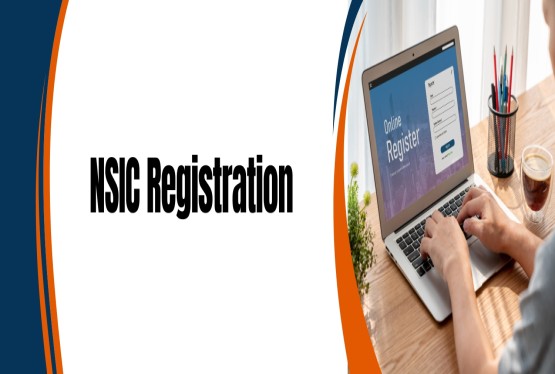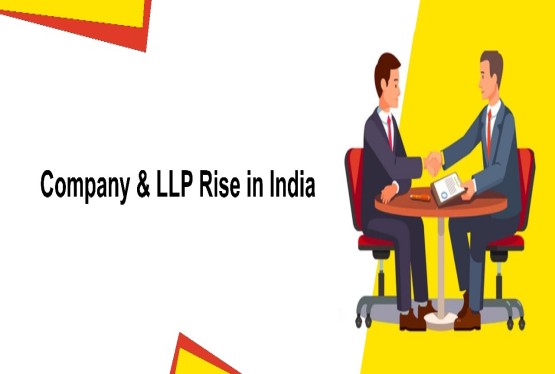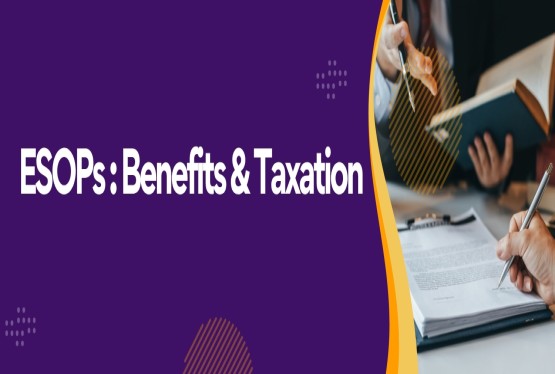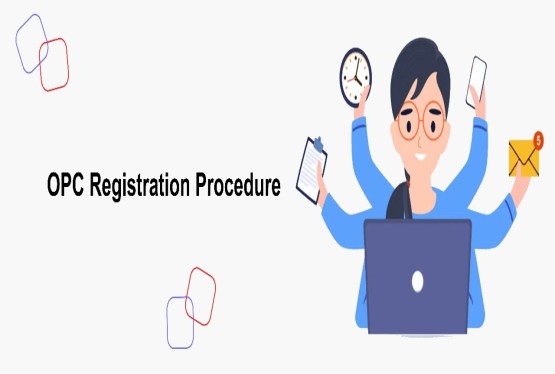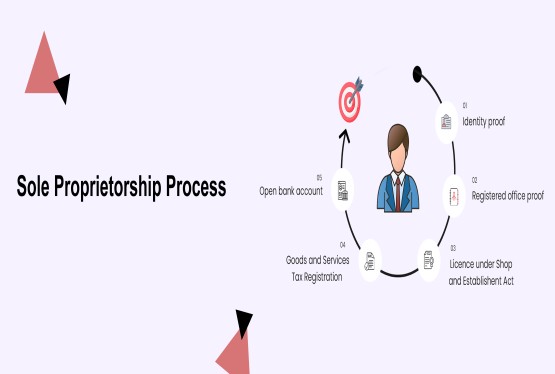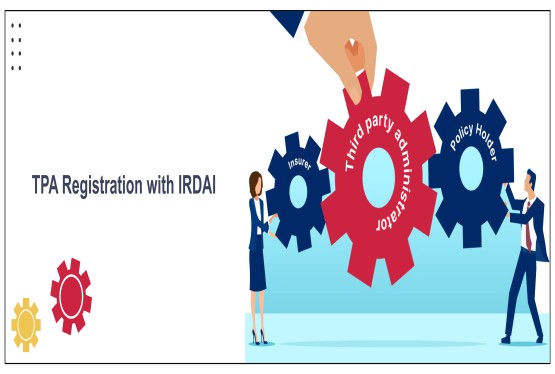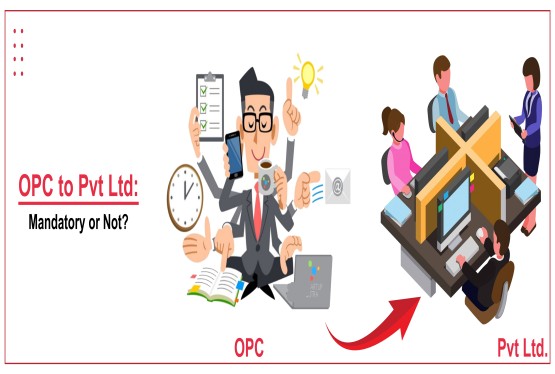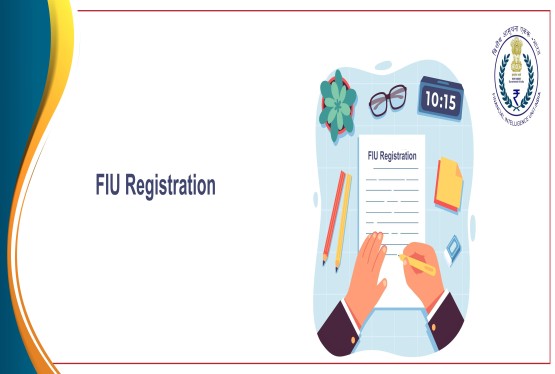Starting a business in India involves various steps to ensure compliance with government regulations. One important requirement for business owners is registering for Goods and Services Tax (GST). GST Registration is important for companies to operate legally and be recognized as trustworthy and authentic in their industry. It also provides smooth transactions across state boundaries and helps avoid penalties for non-compliance. In the article, we are going to discuss the eligibility for GST Registration, threshold limits, required documents, and who must register.
What Is GST and Why Is It Important?
The Goods and Services Tax (GST) is an indirect tax introduced to streamline India's complex taxation system. GST simplifies multiple tax levies by replacing them with a single comprehensive tax, covering the entire supply chain from manufacturing to sale. Registering for GST ensures that businesses can collect and remit taxes to the government, benefiting both the company and the economy.
Who Must Compulsorily Register for GST?
The GST Act has mentioned various criteria for compulsory GST Registration. Business owners and individuals falling into specific categories must adhere to these rules to remain compliant. Here’s a detailed look at who is required to register for GST:
-
Casual Taxable Persons: A casual taxable person is someone who occasionally undertakes a transaction involving the supply of goods or services in a state or union territory where they have no fixed place of business. These individuals must apply for GST registration at least five days before starting their business activities.
-
Non-Resident Taxable Persons: Non-resident individuals or businesses involved in the supply of goods or services in India must also register under GST. This applies to anyone conducting business without a physical presence in the country.
-
Persons Making Inter-State Taxable Supplies: Businesses supplying goods or services across state lines must register for GST. Even if the annual turnover is below the threshold, inter-state transactions necessitate GST registration.
-
Agents Acting on Behalf of Registered Taxpayers: Commission agents, brokers, and other representatives supplying goods or services on behalf of registered taxpayers are required to have GST registration. This ensures transparency in transactions involving third-party representatives.
-
E-commerce Operators: Platforms like Amazon, Flipkart, and other e-commerce websites are required to register for GST. Additionally, businesses selling through these platforms must also have a GST number to conduct sales.
-
TDS and TCS Deductors: Entities required to deduct Tax Deducted at Source (TDS) or collect Tax Collected at Source (TCS) must also register for GST. This includes organizations under government contracts or those collecting tax on specified sales.
-
Persons Operating in a Different State from Where They Are Registered: Businesses operating in states other than their registration location must obtain a GST number for each state. This is especially relevant for organizations with warehouses or sales operations in multiple states.
-
Individuals Selling on E-commerce Platforms: Anyone supplying goods or services through e-commerce platforms must register for GST, irrespective of the turnover amount. This rule ensures that online sales are taxed consistently.
-
Import-Export Industry Participants: Individuals or businesses involved in importing or exporting goods are obligated to register for GST. This helps maintain tax compliance for international transactions.
-
Persons Subject to Reverse Charge Mechanism (RCM): Under RCM, the recipient of goods or services must pay the tax instead of the supplier. Businesses involved in transactions subject to RCM must register to comply with GST laws.
-
Entities Previously Registered Under VAT, Excise, or Service Tax: If a business was registered under the Value Added Tax (VAT), Central Excise, or Service Tax laws, they must migrate to GST. Failure to do so can result in penalties or loss of benefits.
-
Aggregator Companies: Aggregators facilitating the supply of services under a brand name must also register. Examples include companies like Uber and Zomato.
-
Input Service Distributors (ISD): Businesses that distribute the input tax credit among branches or units must register as an Input Service Distributor.
-
OIDAR Service Providers: Online Information Database Access and Retrieval (OIDAR) services, such as streaming platforms and e-learning websites, must register for GST. These services are provided through digital means, making compliance necessary.
GST Registration Threshold Limits
The eligibility for GST registration is based on the annual turnover of a business. Depending on the industry and state, different threshold limits apply:
1. Threshold for Manufacturing Sector: Businesses engaged in manufacturing must register for GST if their annual turnover is Rs. 40 lakh or more. The threshold limit applies across most states except those categorized as special.
2. Threshold for Service Sector: Service providers are required to register if their annual turnover exceeds Rs. 20 lakh. This lower limit recognizes the unique nature of the service industry, which often involves higher profit margins.
3. Special Category States: Special Category States have different turnover limits for GST registration. For these states, the registration threshold is Rs. 10 lakh. States under this category include:
-
Arunachal Pradesh
-
Assam
-
Jammu & Kashmir
-
Manipur
-
Meghalaya
-
Mizoram
-
Nagaland
-
Tripura
-
Sikkim
-
Uttarakhand
Notably, Jammu & Kashmir and Assam opted for a higher threshold of Rs. 40 lakh for goods. Puducherry, typically a regular category state, has a threshold of Rs. 20 lakh for goods.
What Qualifies as Aggregate Turnover Under GST?
Understanding aggregate turnover is essential for determining GST eligibility. The term "aggregate turnover" includes:
-
Taxable Supplies: The total value of goods or services sold that attract GST.
-
Exempt Supplies: Sales of goods or services that are GST-free, such as certain essential items.
-
Exports: Goods or services sold outside India are also considered part of the aggregate turnover.
Exclusions from Aggregate Turnover
Some values are not included when calculating aggregate turnover:
-
Value of Sales Tax: Sales tax collected by the government does not count toward turnover.
-
Reverse Charge Mechanism (RCM) Purchases: Purchases where the buyer is responsible for tax payment are excluded from the total turnover calculation.
Documents Required for GST Registration
To apply for GST registration, you must prepare several documents, including identification and business-related paperwork. Here's what you need:
1. Passport-Size Photographs: Photographs of the business owner, partners, or directors are required. The number of photos depends on the type of business entity.
2. Identity Proof: You can provide documents like an Aadhaar Card, Driving License, or Passport for identity verification.
3. Proof of Business Address: Documents like an electricity bill, property tax receipt, or a rental agreement can serve as proof of address for the business.
4. Bank Details: Bank statements, cancelled cheques, or passbooks with account details are required to verify your business’s financial information.
5. Legal Documents for Entities :
-
Partnership Firms: Must provide a partnership deed.
-
Private Limited Company Registration/ LLP/ OPC Registration: Need to submit a Certificate of Incorporation.
Who Is Not Eligible for GST Registration?
Certain goods and services are exempt from GST, meaning businesses exclusively dealing in these products are not required to register:
-
Non-Taxable Goods: Goods like petrol, diesel, and alcohol for human consumption are outside the scope of GST.
-
Goods Supplied to SEZ Developers: Supplies made to Special Economic Zones (SEZs) are exempt from GST, so the supplier does not need GST registration.
-
Zero-Rated Items: Items that are zero-rated have a tax rate of 0%. Businesses dealing only in these items are exempt from registering.
-
Transportation Services: Public transportation, auto-rickshaws, and metered cabs are exempt from GST. Transportation of goods where the cost is less than Rs. 1500 is also excluded.
-
Export of Farm Produce: Agricultural products shipped outside India are GST-free. Businesses that only export farm goods do not require registration.
-
Diplomatic Services: Foreign diplomatic and consular services are also outside the GST framework.
Things to Keep in Mind Before Applying for GST Registration
Applying for GST Registration can be a straightforward process if you are well-prepared. Here are some essential points to consider:
-
PAN is Mandatory: A Permanent Account Number (PAN) is required for GST registration since the GSTIN (Goods and Services Tax Identification Number) is linked to the PAN.
-
Timeline for Registration: Individuals and businesses must register within thirty days of becoming liable. Casual and non-resident taxable persons should apply at least five days before starting business operations.
-
State-Wise Registration : GST registration is state-specific. If your business operates in multiple states, you must register in each state separately.
-
Compliance Calendar LLP : For a smooth registration process, you can consider using services like Compliance Calendar LLP. They simplify obtaining a GST Registration Number for your business, ensuring compliance with all legal requirements.
Conclusion
GST Registration is an important step for any business in India. It provides legal recognition, helps manage taxes effectively, and opens possibilities for inter-state trade. Whether you are an e-commerce operator, a service provider, or a casual taxable person, knowing the eligibility criteria for GST registration will save you from compliance issues and penalties. Ensure you are well-prepared with the necessary documents and are aware of the applicable threshold limits for your industry and state.
If you have any questions, book a consultation call today with our experts.












_crop10_thumb.jpg)





_crop10_thumb.jpg)




























-Form_crop10_thumb.jpg)

_crop10_thumb.jpg)






















_learn_crop10_thumb.jpeg)
































_crop10_thumb.jpg)

_crop10_thumb.jpg)





















_crop10_thumb.jpg)















_for_Foreign_Directors_learn_crop10_thumb.jpeg)




_Act,_2015_learn_crop10_thumb.jpg)
































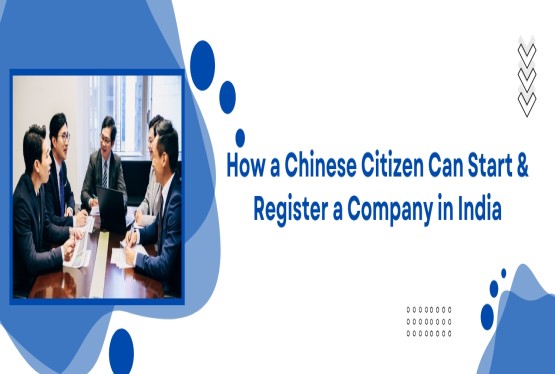
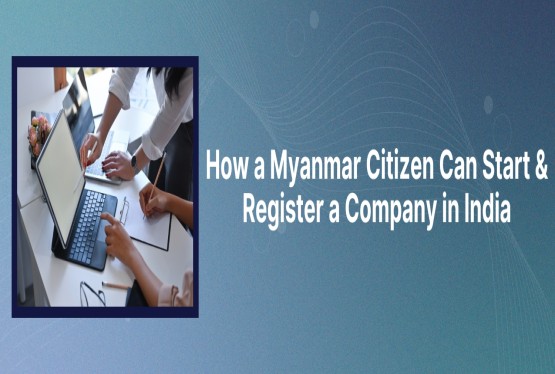
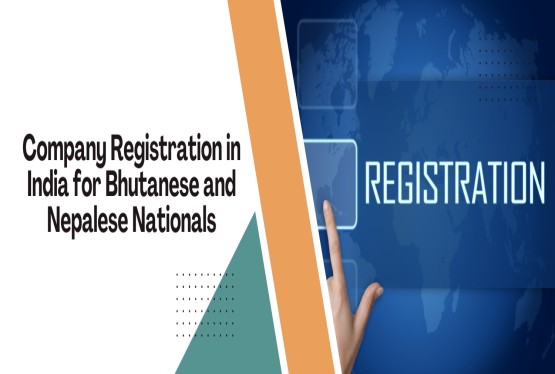
_learn_crop10_thumb.jpg)






